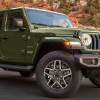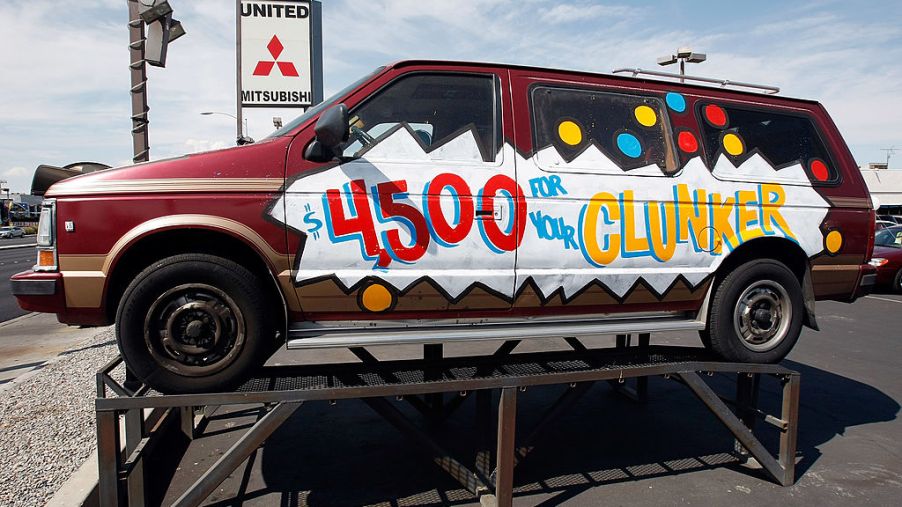
Could “Cash For Clunkers” Cure Coronavirus Downturn?
Remember “Cash For Clunkers?” Back in 2009 the federal government legislated a “buy-back” program where people could trade in an older car for a new one. It was meant to stimulate new car buying after the Great Recession significantly lowered car sales. It had a side benefit of replacing higher-polluting vehicles with cleaner ones.
Cash for Clunkers issued vouchers applied to new-car purchases
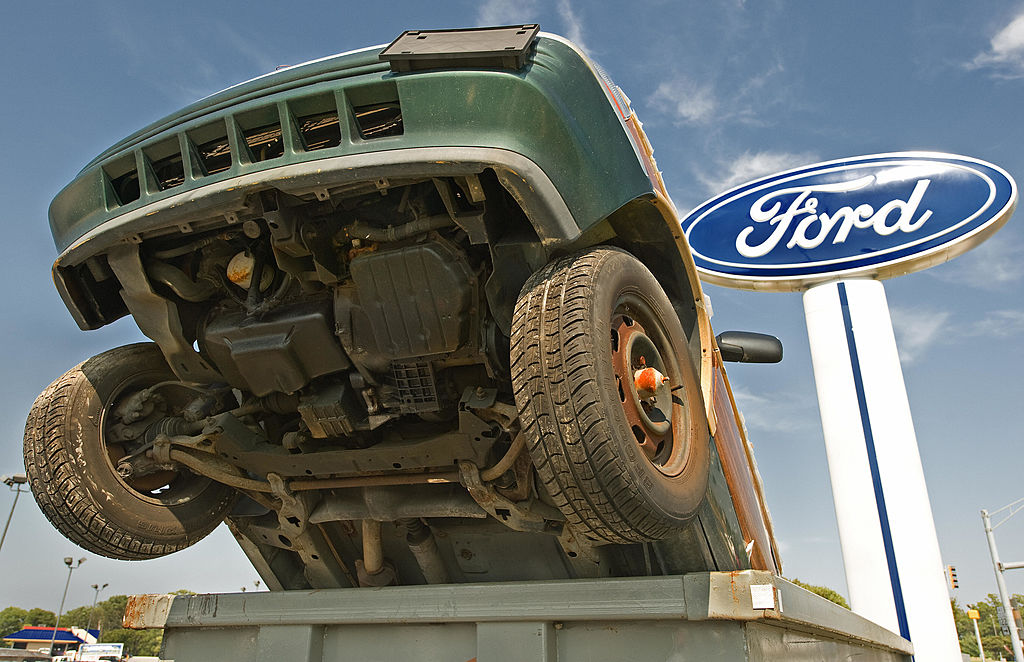
Depending on which new car was purchased and other factors the buyer received between $3,500 and $4,500 in vouchers. The vouchers could then be applied to the new car purchase. Effectively the price of the new car was reduced by the voucher’s amount. Congress approved $3 billion in total To be applied to the program.
The feds wanted to ensure that the vehicle traded-in did not show up on the secondary market. It required each one to have oil drained and sodium silicate added to the engine. Then it was run until it seized the engine. There were other restrictions on what could be sold off of the vehicle.
Due to the coronavirus, this could stimulate new-vehicle sales
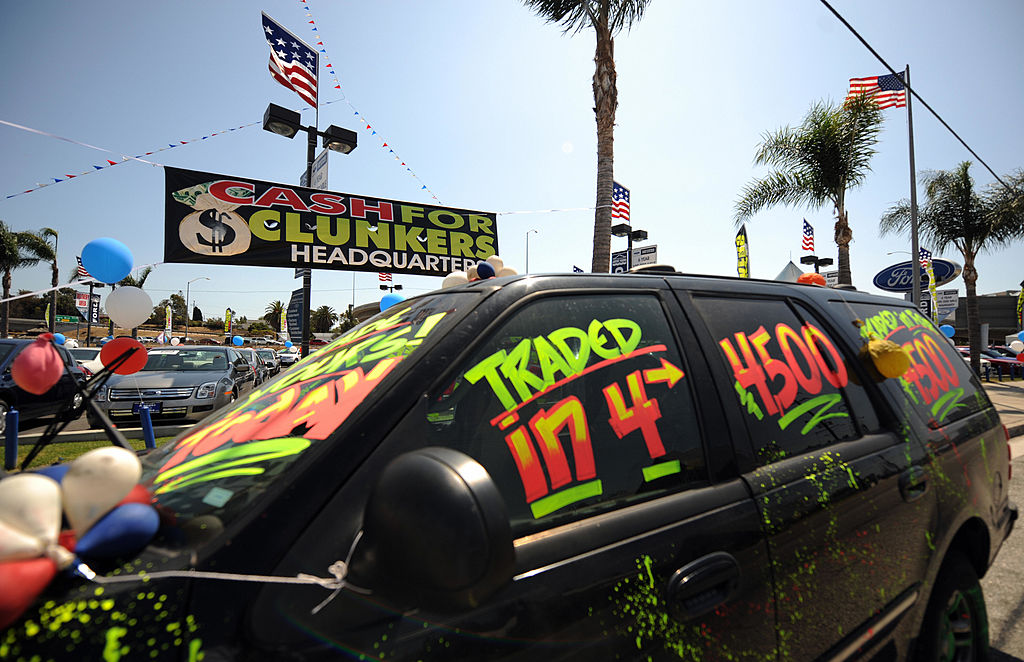
As the current crisis over coronavirus takes a bigger chunk out of car sales this might be a way to stimulate new-car purchasing. The US could be facing a similar situation to China. Vehicle sales there have plunged 80% in February. They’re expected to be worse for March. Already dealerships around the US have seen sales fall on average 30%.
Assembly plants in Asia and Europe have been closed. So far US vehicle assembly plants remain open, but that will probably change soon. Statistical models show the coronavirus expansion. Already many business establishments that deal with the public have shut down.
Forecasts show big declines in retail sales
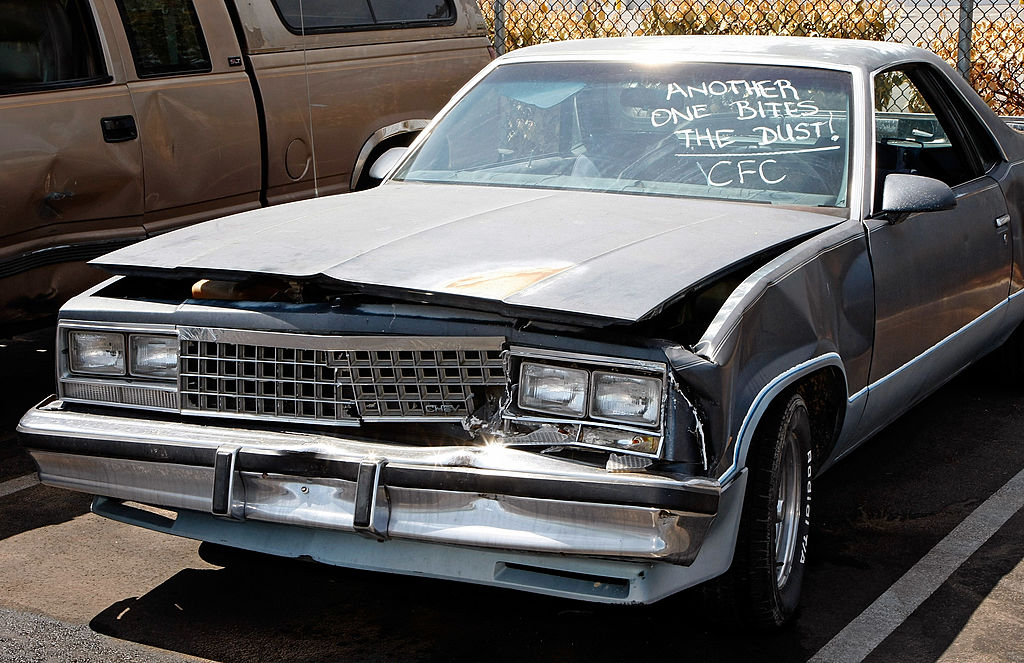
Cox Automotive is withdrawing its 2020 sales forecast for new-car sales and sees negative US economic growth. All dealerships are expecting big declines for the next few months. In spite of that, vehicle production has not shut down in the US. So Morgan Stanley is suggesting the feds look into a new Cash for Clunkers program.
One of the severest coronavirus outbreaks in the US has been in Washington state. There, sales have dropped by more than 20% according to Automotive News. Some dealers there have closed for a few days to do “deep cleaning” when an employee contracts the virus. Obviously, that also cuts into sales.
“We can sell online, we can sell over the phone”
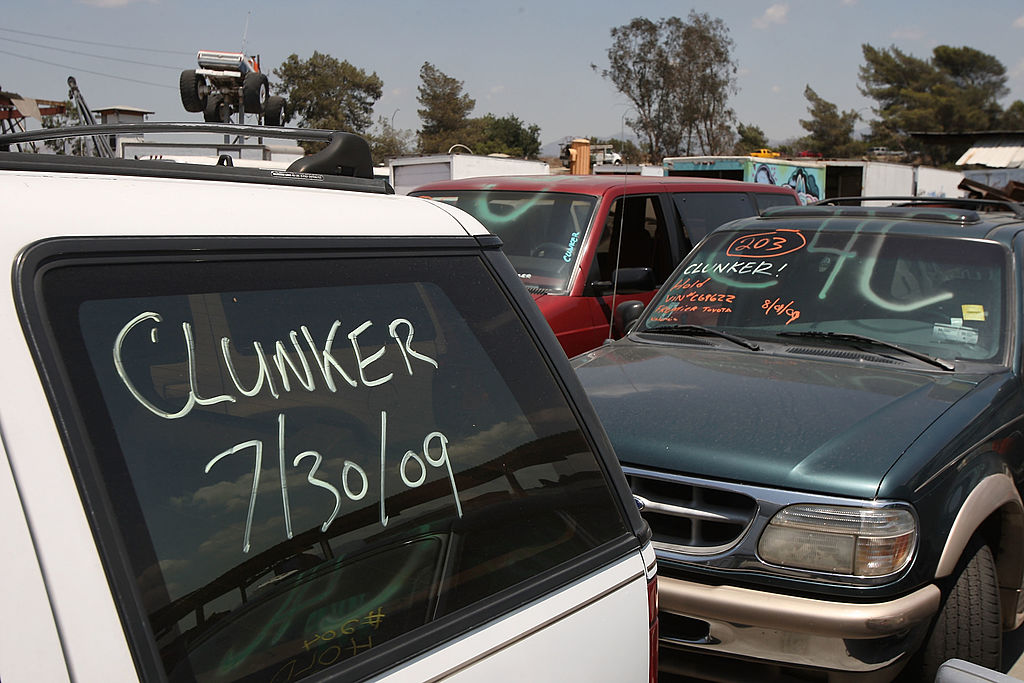
“There’s a lot of ways we can handle things like this.” Honda of Kirkland owner Jason Courter told Automotive News. “We can sell cars online, we can sell cars over the phone.” Many dealers are sending out mailers spelling out how they are cleaning their facilities to allay coronavirus concerns.
In all, it is going to be a tough period for all retail sales but especially big-ticket items. Dealers are hoping that once sales do start picking up selling will come at an increased pace. That will hopefully offset the slow down they are seeing now. But all agree this is a first for car sales and so no one is predicting how or when this will end.
